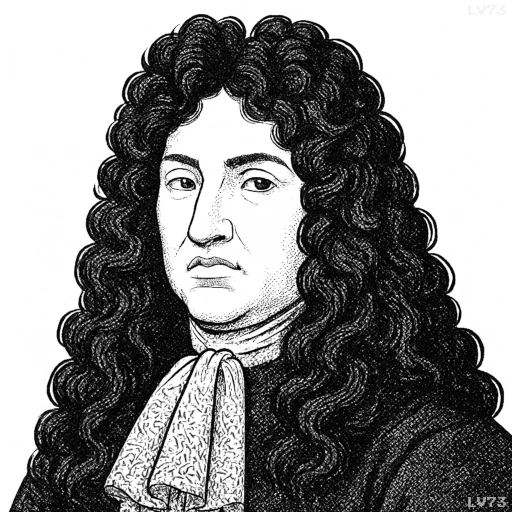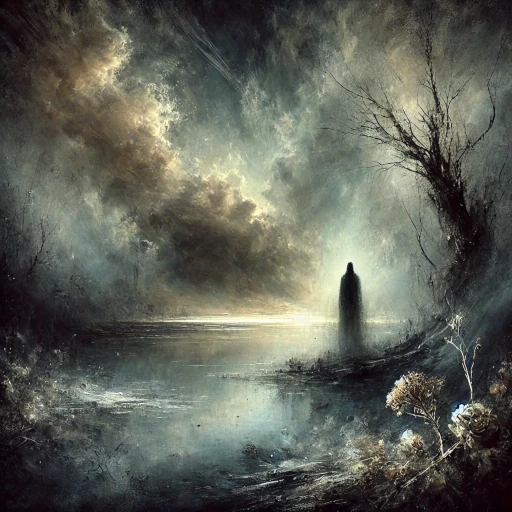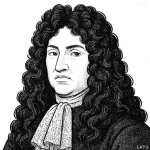“You have only to see what became of my father’s will immediately after his death, and the wills of so many other kings. I know it well; but nevertheless, they have wished it; they gave me no rest nor repose, no calm until it was done.”

- September 5, 1638 – September 1, 1715
- Born in France
- King of France
table of contents
Quote
“You have only to see what became of my father’s will immediately after his death, and the wills of so many other kings. I know it well; but nevertheless, they have wished it; they gave me no rest nor repose, no calm until it was done.”
Explanation
This quote reveals the burden of legacy and the pressures of royal succession that Louis XIV felt throughout his life. It reflects the tension between the personal desires of a monarch and the expectations placed upon them by others—whether the nobility, the court, or the people. Louis speaks of the wills of previous kings, particularly his father, which were likely disputed or undermined after their deaths, perhaps by rivals or factions vying for power. Despite understanding the eventual futility or challenges of such acts, Louis was driven by the relentless expectations of those around him to follow through with actions, like creating his own will or other royal decrees, to preserve stability and ensure a smooth transition of power.
Historically, the idea of royal wills was often fraught with complications, as kings rarely died in a peaceful, uncontested manner. The death of a monarch frequently led to political unrest or power struggles, with competing factions seeking to influence or outright alter the monarch’s final wishes. For Louis XIV, who ruled for over 70 years, maintaining absolute control over the French state meant that his legacy had to be carefully protected, and his will, in particular, became a symbol of the unbroken continuity of the monarchy, despite any potential contingencies that might arise after his death.
In modern times, this quote speaks to the pressures of leadership and the challenge of balancing personal intent with the expectations of others. It reflects how individuals in positions of power—whether in politics, business, or personal relationships—may feel compelled to act in ways that may not always align with their true desires, but are dictated by external demands. This tension is particularly relevant in the case of leaders with long tenures who must plan for their succession and manage the legacy they leave behind. It also highlights how succession plans, whether for monarchs or modern executives, are subject to the influence and expectations of others, often making them feel compelled to act against their initial inclinations.
Would you like to share your impressions or related stories about this quote in the comments section?

